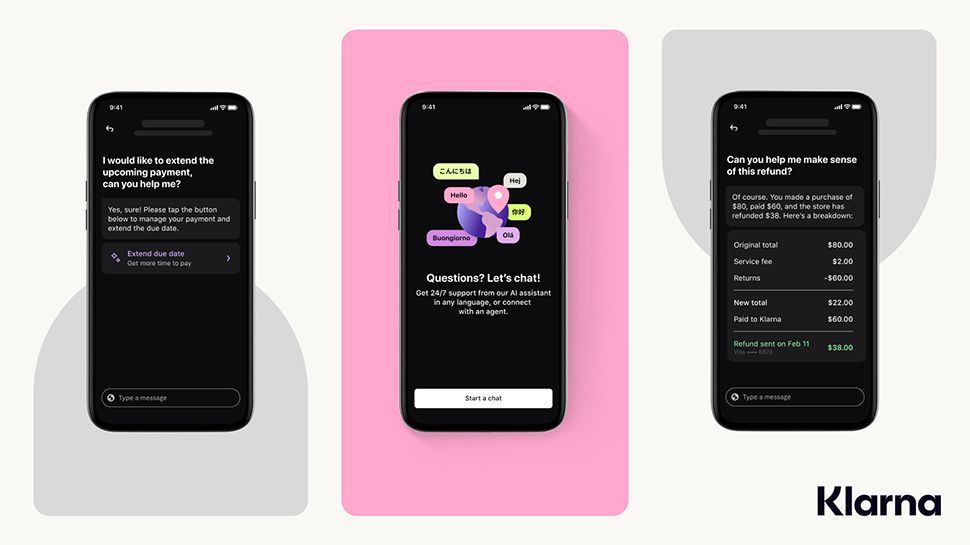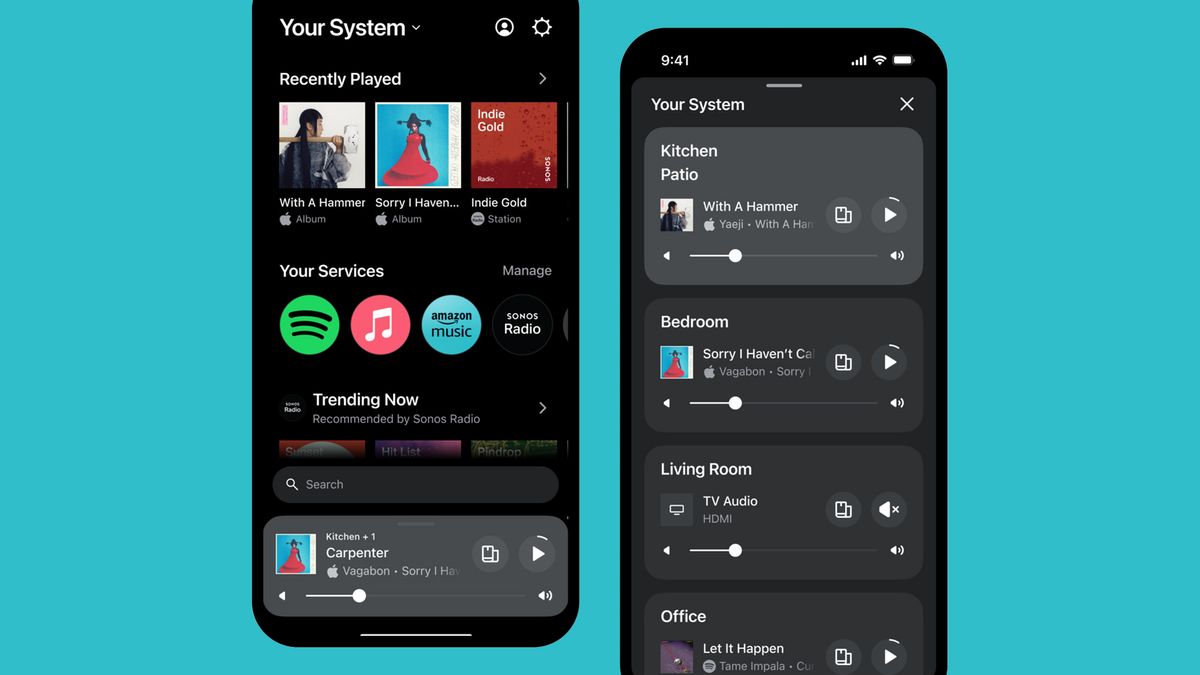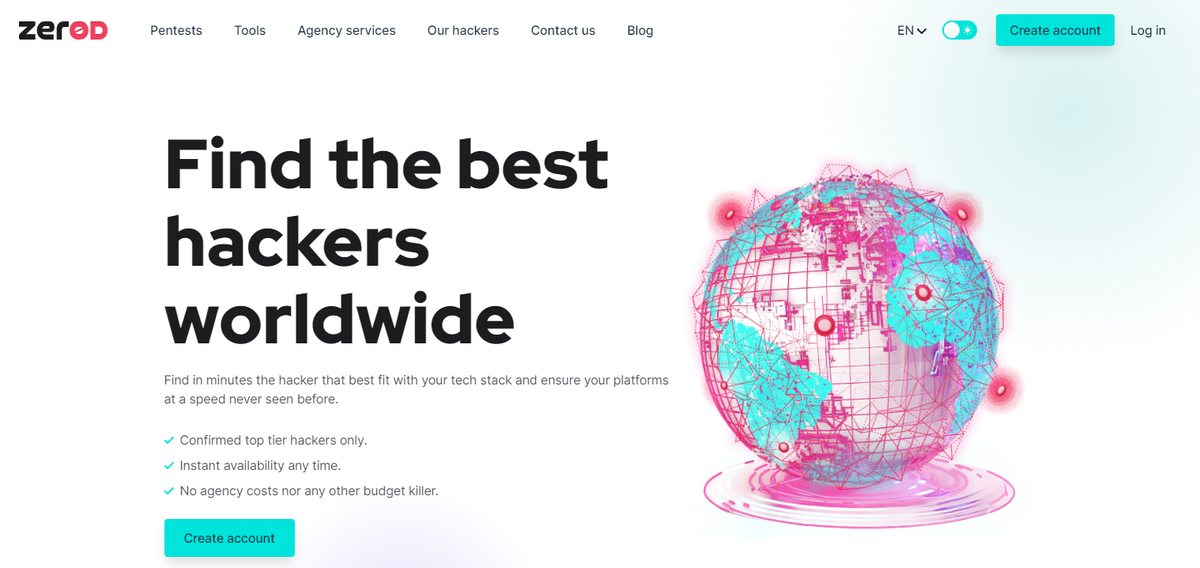While most people would prefer to chat with real employees when looking to resolve a problem related to a company's products or services, chatbots are the first and often only port of call these days. They are also becoming increasingly smarter thanks to modern AI, but this comes at a cost as it means fewer human jobs in customer service.
For example, take the case of Swedish fintech Klarna. A post on the company's website proudly announced that its Klarna AI assistant, powered by OpenAI, had handled two-thirds of customer service chats in its first month. You'll need some context for that: Klarna says that's 2.3 million conversations.
It also says AI is now doing the equivalent work of 700 full-time agents and is “on par with human agents when it comes to customer satisfaction scores.” Klarna also adds that it “is more accurate in resolving errands, leading to a 25% drop in repeat queries,” although the decline could be partly attributed to people not wanting to interact with an AI chatbot.
It is in no way related to workforce reductions
Speed is also a positive factor. Klarna says customers “resolve their errands in less than 2 minutes compared to 11 minutes previously” and then there's the bottom line. The shift to AI has reportedly generated a $40 million profit boost for Klarna in 2024.
“This advancement of AI in customer engagement means superior experiences for our customers at better prices, more interesting challenges for our employees and better returns for our investors,” said Sebastian Siemiatkowski, co-founder and CEO of Klarna. “We are incredibly excited about this launch, but it also underlines the profound impact AI will have on society. “We want to re-emphasize and encourage society and politicians to consider this carefully and believe that thoughtful, informed and consistent stewardship will be critical to navigating through this transformation of our societies.”
The fact that “AI is now doing the work equivalent of 700 full-time agents” will surprise some, especially considering that the company laid off roughly the same number of employees in 2022 due to inflation and economic uncertainty.
Despite the similarities in numbers, Klarna says there is no relationship between the two. When Fast Company asked the company about this, it was told: “This has no relation to the workforce reductions in May 2022, and reaching that conclusion would be incorrect. We chose to share the figure of 700 to indicate the longer-term consequences of AI technology, where we believe it is important to be transparent to create understanding in society. We think [it’s] “It is important to proactively address these issues and encourage thoughtful debate about how society can confront and navigate this transformation.”









